 |
| November 12, 2020 |
Dear Reader,
This week, pharmaceutical company Pfizer and its partner BioNTech announced that their experimental vaccine against the novel coronavirus is more than 90 percent effective. Pfizer CEO Albert Bourla has said that if all goes well, the company plans to apply for an emergency authorization later this month. Next, hurricane season is drawing to a close, but not before setting a record. Tropical Storm Theta became the 29th named Atlantic storm this week, making 2020 the busiest season on record. And lastly, for today's lead story, we asked climate scientists was specific actions they want to see the Biden administration take to address climate change. |
| | Sunya Bhutta, Senior Editor, Audience Engagement
@sunyaaa | |
 |
| |
| |
| |
| |
| |
| |
| |
| Medicine The Antibiotic Gamble Paratek Pharmaceuticals made a life-saving drug and got it approved. So why is the company's long-term survival still in question? | | By Maryn McKenna,Nature magazine | | | |
| |
| |
| |
| |
FROM THE STORE
 | | | |
| |
| |
LATEST ISSUES
 |
| |
| Questions? Comments?  | |
| Download the Scientific American App |
| |
| |





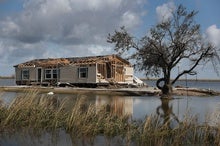
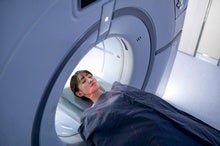




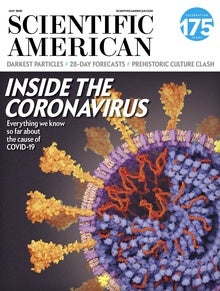



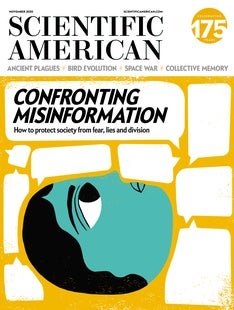


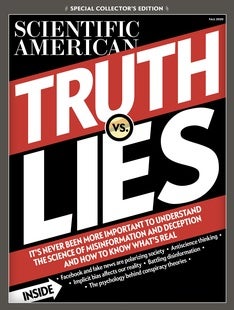
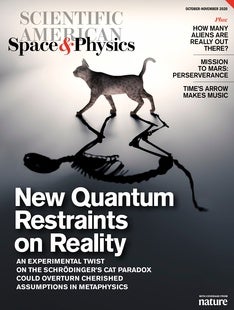



Comments
Post a Comment